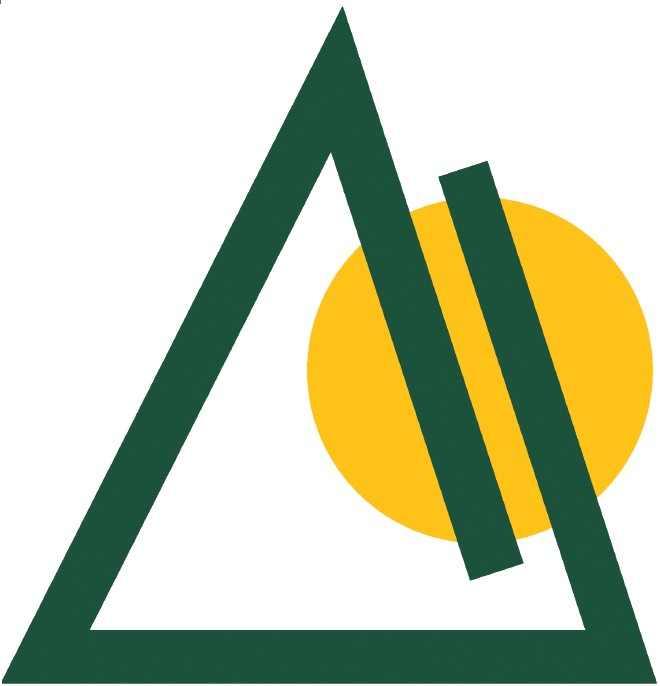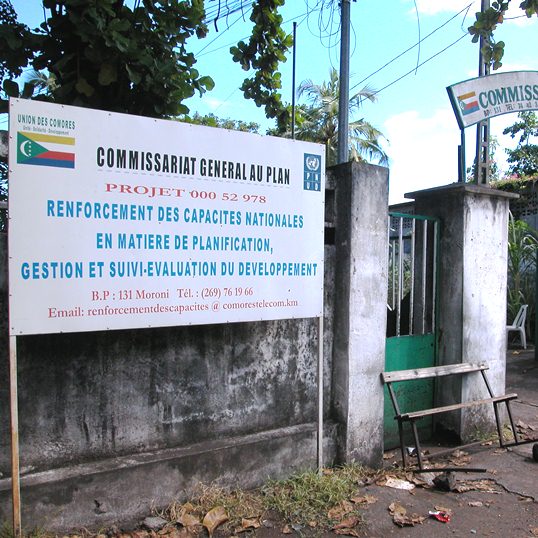
|
International Policy Advising (IPA) |
||
|
Case Studies - Planning |
|||
|
IPA Cologne Case studies |
Gap analysis-based planning for EITI in Mali The Extractive Industries Transparency Initiative (EITI) has established a global standard for good resource governance that is currently applied in more than 50 countries worldwide. The original EITI Rules were replaced by the EITI Standard in 2013. The Standard contains a number of new disclosure requirements for member countries to attain EITI compliant status. Mali, a major gold producer, attained EITI compliant status in August 2011, based on reports covering the years 2006-2009. Since then, further reports for the years 2010-2013 have been submitted. With a view to meeting the new Standard, Mali's EITI Secretariat requested assistance from the German development cooperation agency GIZ to identify existing gaps in reporting practices and fill those gaps to ensure Mali's future compliant status. GIZ recruited IPA's Jim Bennett to prepare a draft EITI gap analysis and present it for discussion to Mali's EITI Multi-Stakeholder Group (MSG). Bennett also moderated a 2-day workshop at which MSG members and observers agreed on a detailed EITI gap analysis (identifying major obstacles and rating the current status of 31 key elements of the new Standard on a scale from very satisfying to not at all satisfying) and a 19-point action plan for filling major gaps and meeting the requirements of the Standard. This action plan has been integrated into Mali's EITI Work Plan for the year 2016. This case study illustrates how analytically well-prepared and independently moderated multi-stakeholder decision making can contribute to transparency, accountability and inclusiveness in natural resource governance. |
||

